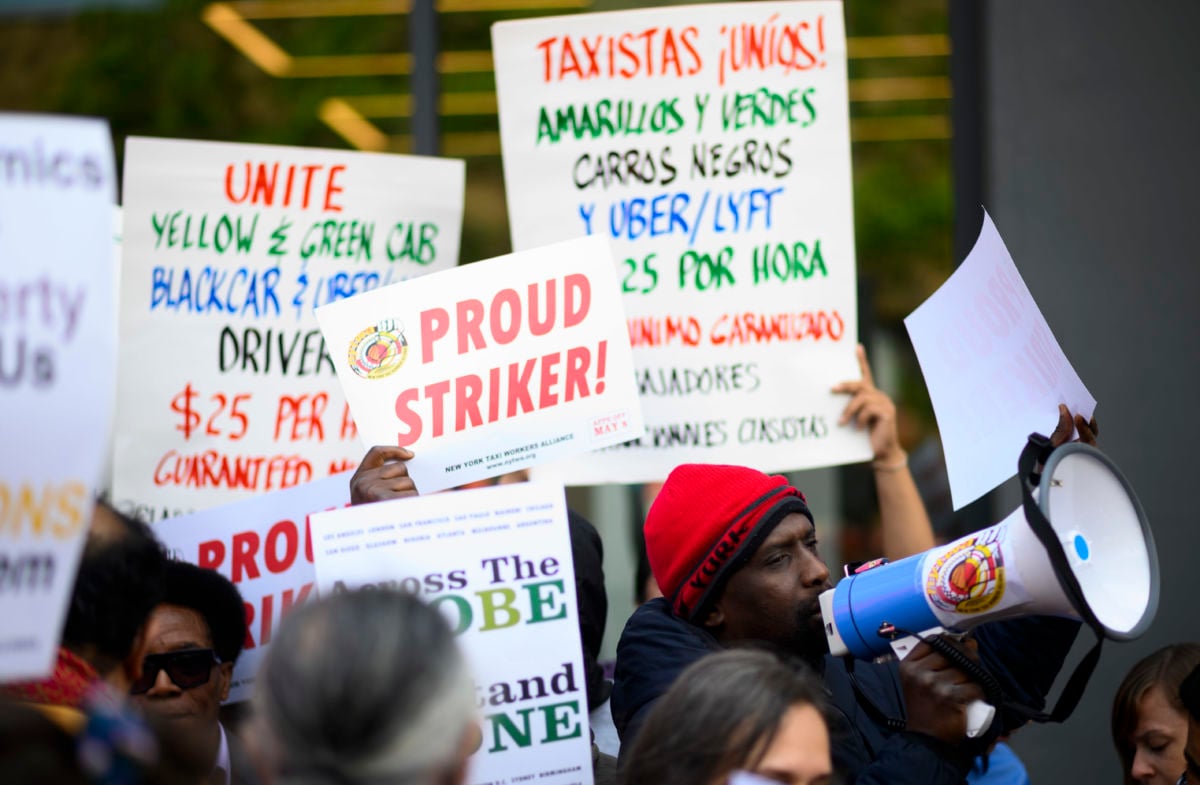It’s Monday morning and your alarm goes off. As you wake up, the dread of going to work creeps in. You’re feeling exhausted, stressed out, underpaid and underappreciated. It’s a mindset you can’t shake, and no amount of coffee will fix: You have workplace burnout.
The World Health Organization recently included burnout as a legitimate diagnosis in their handbook that guides medical professionals in diagnosing diseases. It is characterized by three indicators: “feelings of energy depletion or exhaustion; increased mental distance from one’s job, or feelings of negativism or cynicism related to one’s job; and reduced professional efficacy.”
So, what can be done about burnout? “Self-care” has been touted by social media influencers as the best solution to restoring your mental health, no matter the cause. Sure, healthy food, exercise and sleep are important ways to deal with stress, and we could all use more of each. But eating a salad isn’t going to fix the systemic problems at your workplace, nor will getting a massage give you a voice on the job, or increase your paycheck.
If you work at a nonprofit, you might be all-too-familiar with workplace burnout. Nonprofits are notorious for being understaffed and under-resourced. Workers at nonprofits often have to wear multiple hats for the sake of supporting the mission of the organization, and the resulting stress can take a toll on their mental and physical health.
It is important to address these workplace issues comprehensively, but there is one clear and immediate solution: join a union.
Being in a union means that you and your coworkers work together to fix the problems at your workplace, and then negotiate for solutions with management. Whether this means collectively bargaining for raises, vacation time, better healthcare or more clear-cut job duties, there is an undeniable strength in a union. The negotiations will result in a legally enforceable union contract. Unlike most employee handbooks, once you have a strong union contract, management can’t erode your pay or benefits, or fire you without notice.
Workers at organizations such as the Center for American Progress, Community Change and the Economic Policy Institute have organized with the all-volunteer Nonprofit Professional Employees Union (where I’m president) in order to create strength and stability at their offices. Recently, workers at the New Museum and the Brooklyn Academy of Music in New York organized with the United Auto Workers. Other nonprofits, like the staff at ALIGN New York, have joined the Communication Workers of America. The nonprofit industry is a growing sector in the U.S. economy, and workers are increasingly demanding the dignity they deserve at work.
According to Tech Impact, the top three reasons for nonprofit workers quitting are being underpaid, lack of upward mobility and excessive workloads. Joining a union can help address each of these issues. Research shows that increasing wages leads to less turnover, which is good for both employees and the organizations at which they work. Nonprofit workers in unions have also bargained for regulated hours, tuition reimbursement, transportation benefits, paid parental leave and professional development — all of which help workers stick around longer and feel more satisfied at their job. Plus, having a union reduces gender and racial wage gaps, and provides workers the tools with which to fight discrimination.
August 17 is National Nonprofit Day — a time to celebrate all of the vital work done by nonprofits across the country. Much of that praise is owed to the millions of nonprofit workers who are often working longer hours than their private sector counterparts. Most nonprofit workers know they’re not going to get rich with their chosen occupation, but they still deserve a voice on the job. A unionized workplace provides workers fair and equal treatment through their contract. But a union is more than a contract — it’s a system to improve your life at work. While having a union won’t magically fix all of your problems, it provides a blueprint for solving them.
Your best defense against burnout isn’t self-care, it’s joining together with your colleagues to build power collectively at your workplace.
4 Days Left: All gifts to Truthout now matched!
From now until the end of the year, all donations to Truthout will be matched dollar for dollar up to $44,000! Thanks to a generous supporter, your one-time gift today will be matched immediately. As well, your monthly donation will be matched for the whole first year, doubling your impact.
We have just 4 days left to raise $44,000 and receive the full match.
This matching gift comes at a critical time. As Trump attempts to silence dissenting voices and oppositional nonprofits, reader support is our best defense against the right-wing agenda.
Help Truthout confront Trump’s fascism in 2026, and have your donation matched now!
